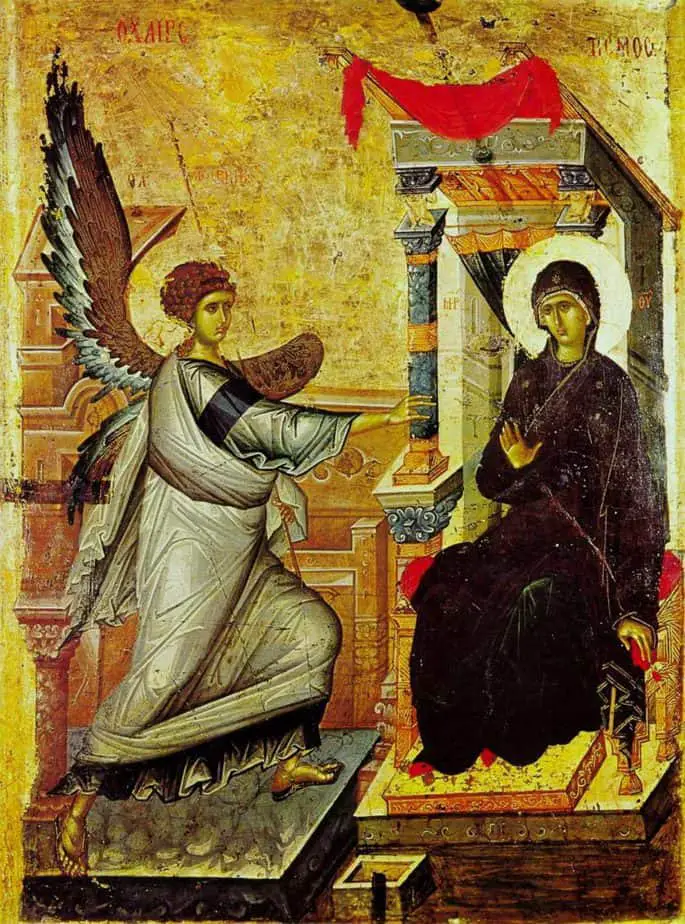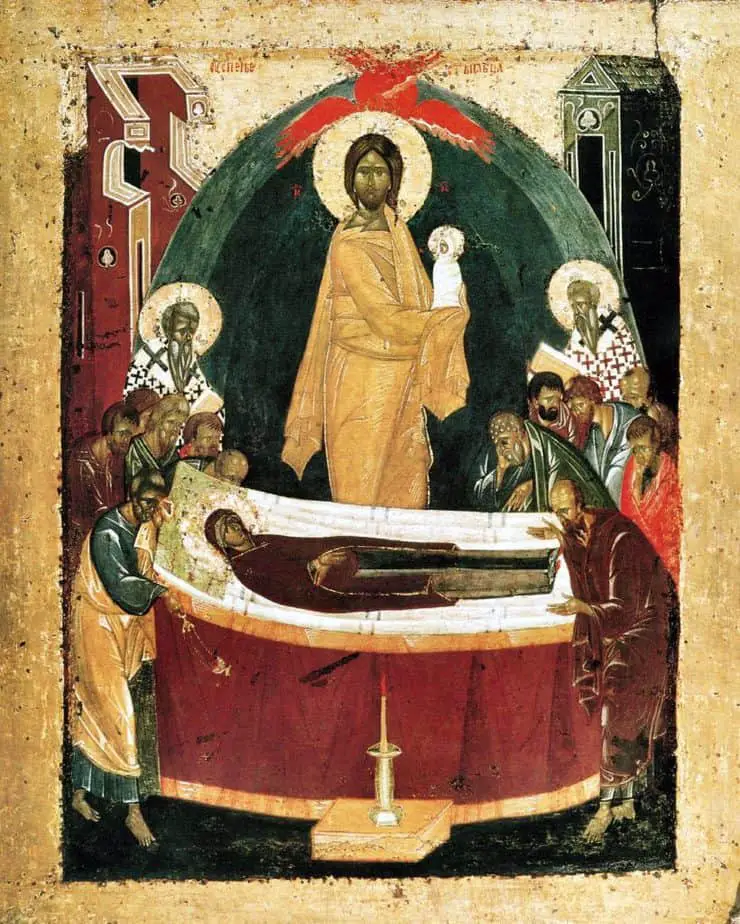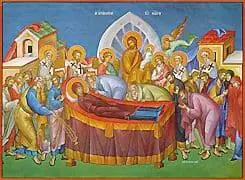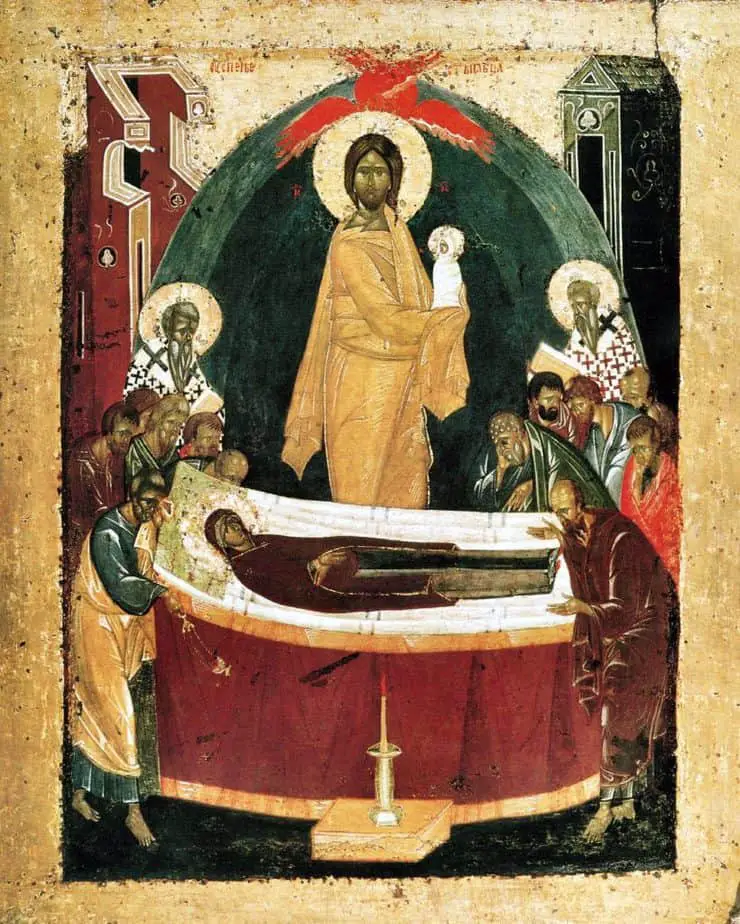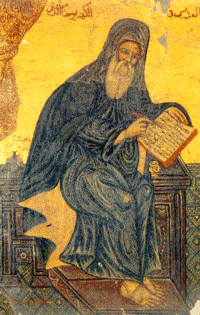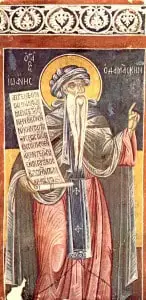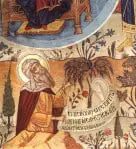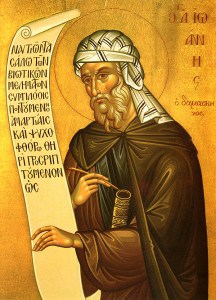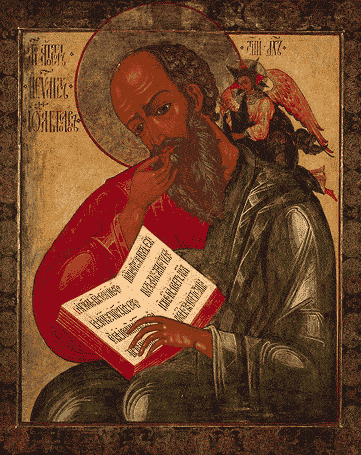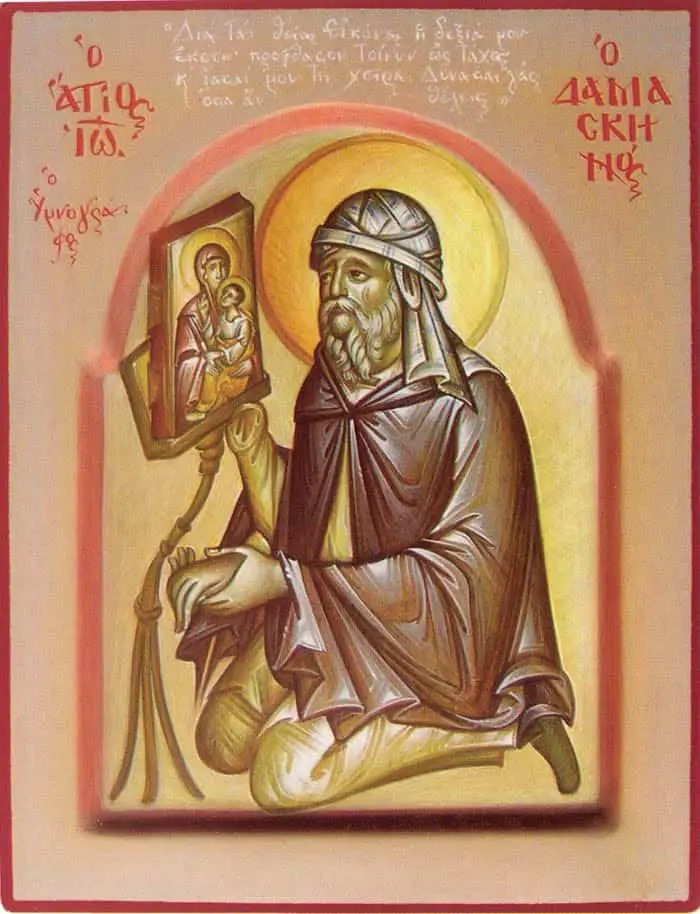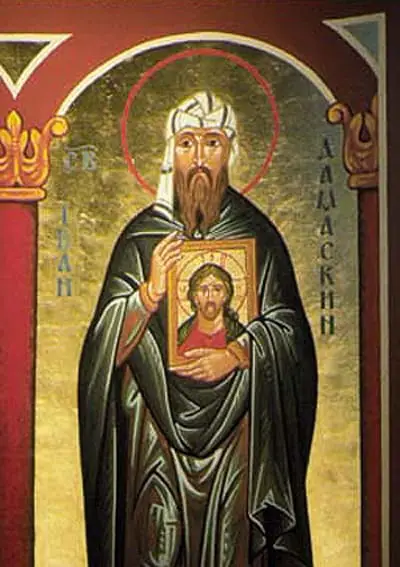St. John Damascene: These eight passions should be destroyed as follows . . .
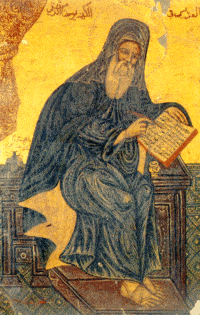
“These eight passions should be destroyed as follows: gluttony by self-control; unchastity by desire for God and longing for the blessings held in store; avarice by compassion for the poor; anger by goodwill and love for all men; worldly dejection by spiritual joy; listlessness by patience, perseverance and offering thanks to God; self-esteem by doing good in secret and by praying constantly with a contrite heart; and pride by not judging or despising anyone in the manner of the boastful Pharisee (cf. Luke 18 : 11–12), and by considering oneself the least of all men. When the intellect has been freed in this way from the passions we have described and been raised up to God, it will henceforth live the life of blessedness, receiving the pledge of the Holy Spirit (cf. 2 Cor. 1 : 22). And when it departs this life, dispassionate and full of true knowledge, it will stand before the light of the Holy Trinity and with the divine angels will shine in glory through all eternity.”
+ St. John Damascene, “On the Virtues and the Vices” from The Philokalia: The Complete Text (Vol. 2)
St. John Damascene: These eight passions should be destroyed as follows . . . Read More »


